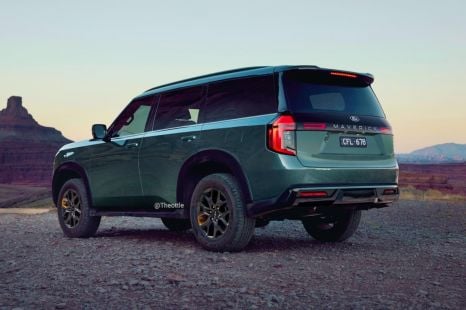

Ben Zachariah
Move over, Patrol: New-era Ford Maverick SUV imagined
8 Hours Ago
Faraday Future has followed electric vehicle start-ups Fisker and Nikola in completing a “reverse merger” to help bring its FF 91 luxury crossover to market.

News Editor
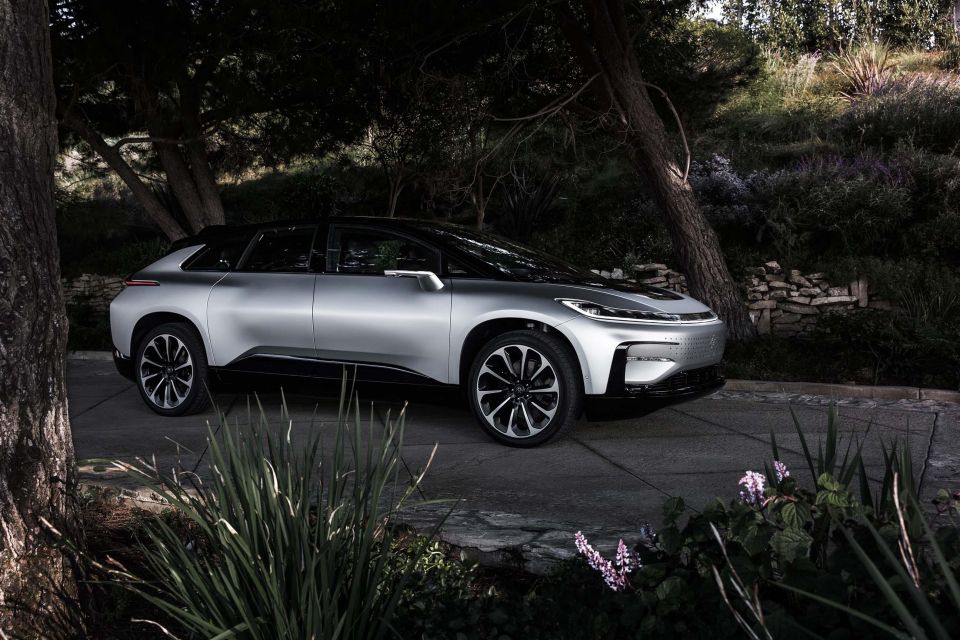

News Editor
Faraday Future has yet to begin series production of a single vehicle line but it’s going public.
The California-based automaker, founded in 2014, has entered into an agreement with a special purpose acquisition company (SPAC) called Property Solutions Acquisition Corp to list on the Nasdaq.
By doing so, it’s aiming to raise US$1 billion (A$1.3 billion) and bring its FF 91 electric crossover to market within 12 months of the close of the transaction.
Reuters reports one of the anchor investors is Geely, and the deal sees Faraday valued at US$2.7 billion (A$3.52 billion).
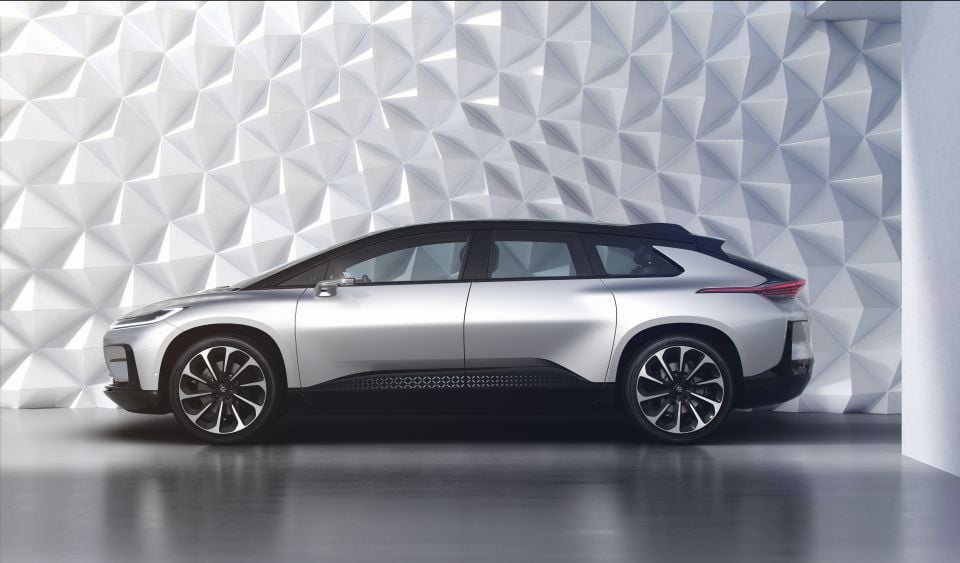
Funds raised will also support Faraday’s investment in its Internet, Autonomous Driving, Intelligence (I.A.I) system.
A SPAC is a type of shell company that raises money through an initial public offering which is then used to finance a merger or acquisition within a specified period of time.
It allows a company to raise money without going through the traditional IPO process and is sometimes referred to as a “blank cheque” company.
Fisker and Nikola are among the companies that have followed this process.
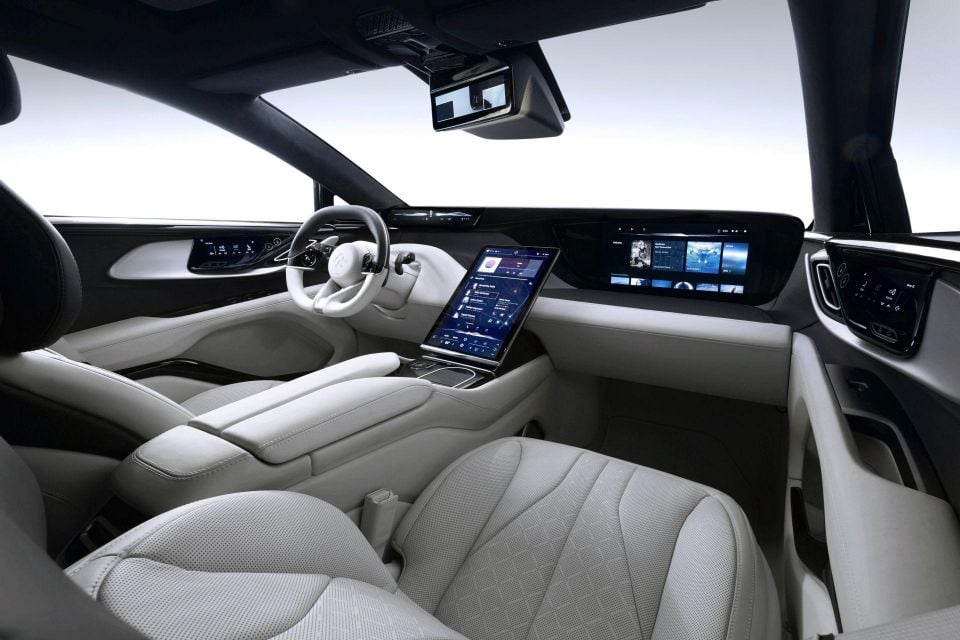
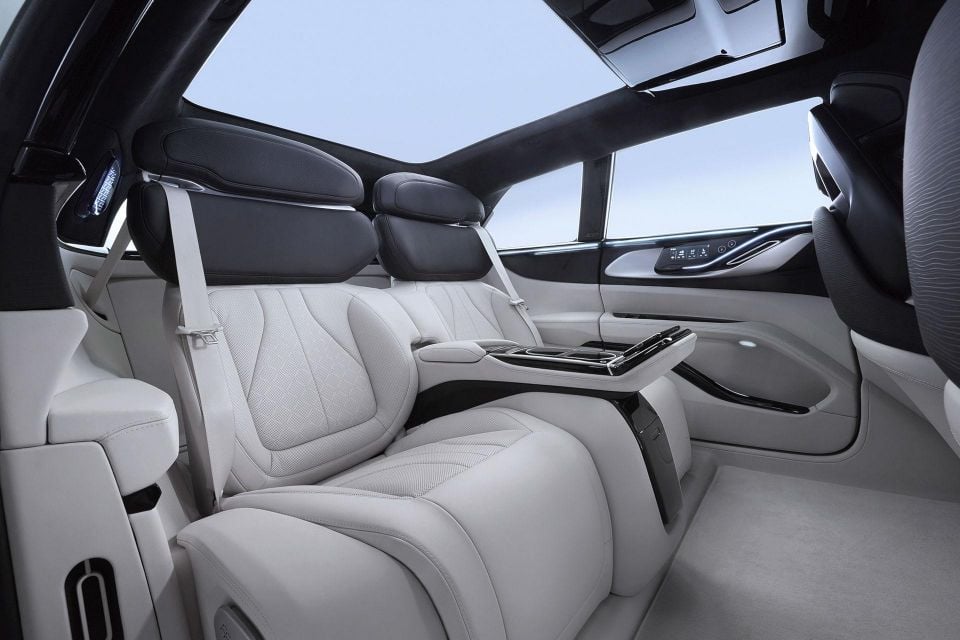
The FF 91 has a tri-motor electric powertrain with a claimed system output of 782kW and a 0-60mph (0-96km/h) time of 2.39 seconds.
It has a Tesla-style, portrait-oriented touchscreen, with an additional touchscreen for the front passenger. Faraday also touts its ‘zero-gravity’ seats which boast ventilation and massaging functions.
The first pre-production FF91 was built in 2018. It was initially scheduled to launch in 2019, while pricing has previously been announced as between US$150,000 (A$195,809) and US$200,000 (A$261,000).
The company has confirmed this week work is underway on the smaller FF81 crossover, said to be a mid-sized (and therefore large by Aussie standards) SUV.
Faraday says the FF 81 is expected to launch in 2023, with a FF 71 following in 2024.
As the modular skateboard platform can be used for both passenger and commercial vehicles, Faraday has also confirmed it will introduce a ‘Smart Last Mile Delivery’ vehicle in 2023.
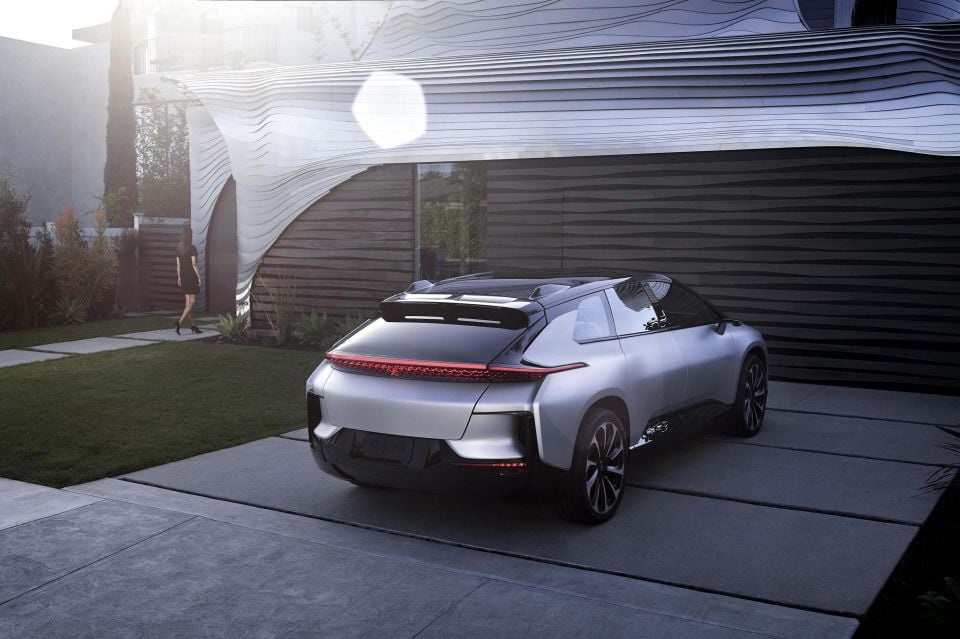
Faraday has set a cumulative production target of 400,000 vehicles over the next five years.
It has settled on Hanford, California as its production location after scuppering a North Las Vegas, Nevada location in 2017 due to financial difficulties.
The company has also announced it has a contract manufacturing partner in South Korea.
Faraday Future was founded in 2014 by Chinese businessman Jia Yueting, who also served as CEO until he filed for personal bankruptcy in the US in 2019.
More than US$1.7 billion – US$900 million from Yueting’s personal bank account – has been spent developing the FF91.
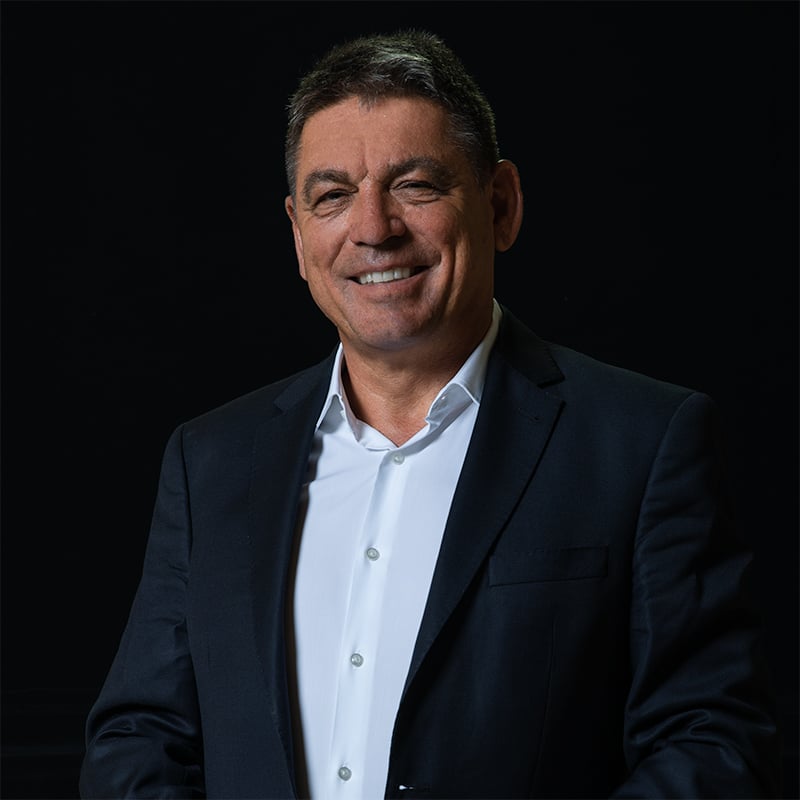
Carsten Breitfeld, who served as the program head for the BMW i8 and then co-founded and ran EV start-up Byton, is the current CEO of Faraday.
Much as Tesla and the beleaguered Nikola, Faraday Future is named after a pioneering scientist. Michael Faraday discovered electromagnetic induction.
The company’s history has been marked by setbacks, delays, and employee turnover.
Highlights (low lights?) include one of its co-founders leaving in 2018 and former CFO Stefan Krause resigning and then being sued by Faraday for stealing trade secrets for his new company, Canoo.
The ex-BMW executive later stepped down from Canoo and was sued by his wife for harassment and wrongful termination.
William Stopford is an automotive journalist with a passion for mainstream cars, automotive history and overseas auto markets.


Ben Zachariah
8 Hours Ago
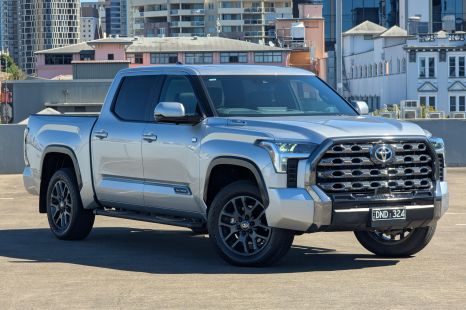

Damion Smy
9 Hours Ago
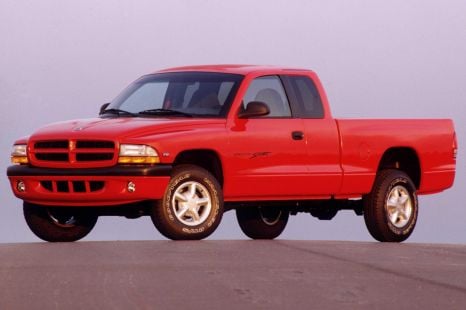

Derek Fung
10 Hours Ago
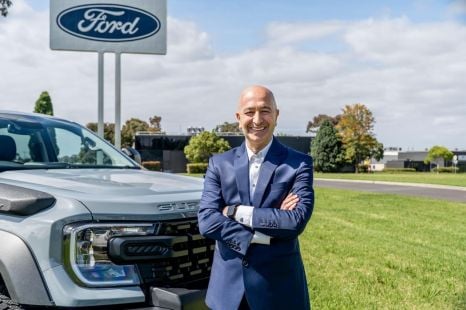

Ben Zachariah
10 Hours Ago
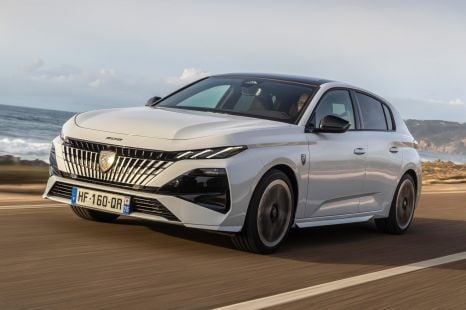

Matt Robinson
16 Hours Ago
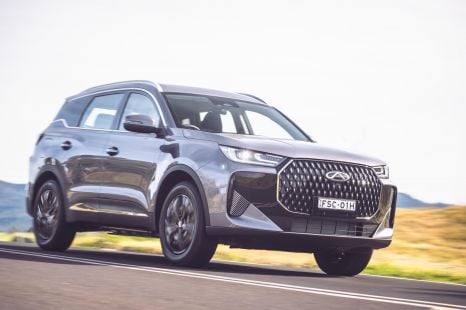

CarExpert.com.au
1 Day Ago